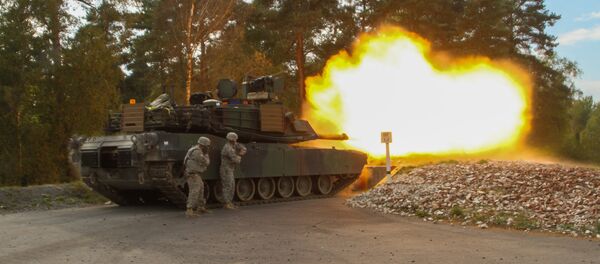The increase in defense spending, which has been so heavily lobbied by the country’s military won’t solve the problem.
The problem lies in internal mismanagement within the Department of Defense and the only way out is through undergoing considerable reforms.
To make his case, the analyst looks at the Pentagon's 'murky' spending habits.
“Look no further than the $500 million spent to train Syrian rebels to fight ISIS (Daesh),” he writes. “That program was scrapped after putting only a handful of trainees on the ground.”
“Or the $468 million spent on planes for the Afghan Air Force that we were forced to destroy because the Afghans could not fly or maintain them.”
“Even worse, consider the $20 billion spent by the Army on its Future Combat System, which was supposed to develop the next generation of armored vehicles, but produced exactly zero new pieces of equipment.”
Institutional reform.
“The DoD must become “joint” in more than name alone. That means the mindset and priorities should shift away from the individual services and towards our national military capabilities.”
Ground forces (Army and Marines), he suggests, should be integrated closely with air forces (Navy, Marines, and Air Force) in capability and training.
Unnecessary and redundant capabilities should be eliminated and single-service headquarters should be scrapped or reduced in favor of fewer and more efficient joint-force headquarters.
Organizational reform. It should result in a re-structure of the armed forces, with new fighting units “centered around smaller, more lethal formations.”
And finally, Davis says, “the US military needs intellectual reform.”
“It is troubling that today’s senior uniformed leaders have become comfortable with the status quo of acquisition and strategic mismanagement,” he says.
There is no shortage of outstanding young officers in all the services who are willing to take prudent risks, recognize that the status quo is killing military effectiveness, and have the intellectual capacity and courage to make necessary changes, he finally states.





